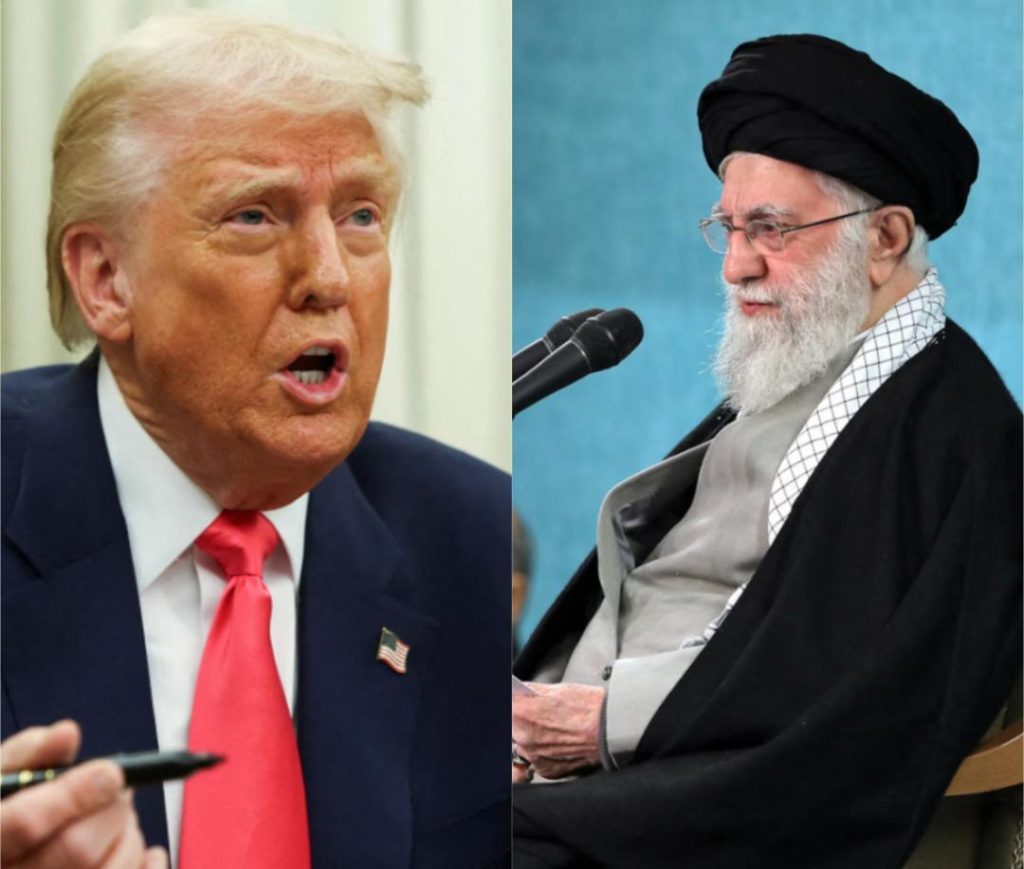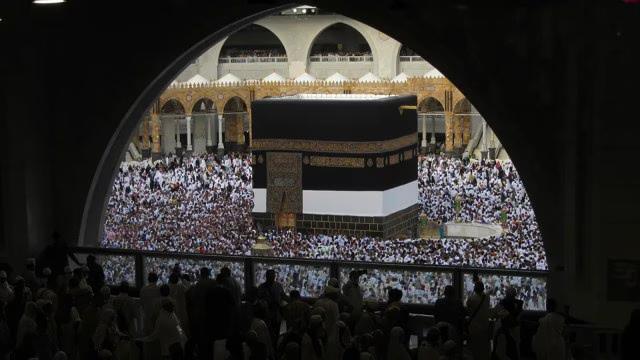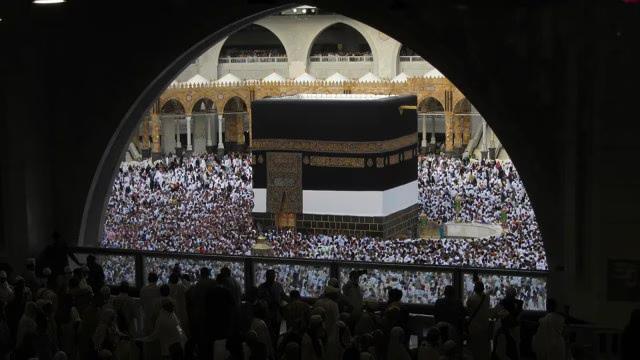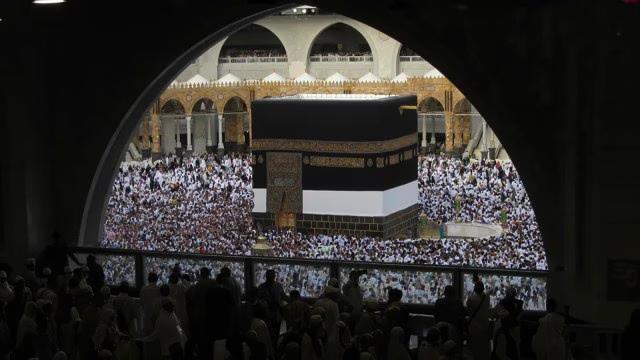
US & Iran Begin Nuclear Talks Days After Donald Trump Threatened Bombing
In a sudden turn of events, Iran and the United States have begun indirect talks in Oman, confirming the news just days after US President Donald Trump threatened to bomb Iran if it didn’t agree to a deal on its nuclear program.
According to reports, Iranian Foreign Minister Abbas Araghchi and Trump’s Middle East envoy Steve Witkoff represented both sides in the talks, which are being facilitated by an Omani minister. The two teams have been given separate rooms and will exchange messages through the Omani minister, a unique approach that highlights the sensitivity of the negotiations.
The sudden development comes after Trump’s bombastic threat to bomb Iran on Monday, which sent shockwaves across the globe. The US President had claimed that Iran was “getting close to the finish line” in developing a nuclear bomb, and warned that he would take “action” if the country didn’t agree to a deal.
However, it appears that the threat has been met with a measured response from the Iranian side. Instead of engaging in a fiery exchange, the Iranians have opted for a more cautious approach, choosing to engage in talks rather than escalate the situation further.
The talks are taking place against the backdrop of rising tensions in the Middle East, where regional conflicts have been simmering for years. The US has been increasingly involved in the region, with its military presence in Iraq, Syria, and Afghanistan.
The Iranian nuclear program has been a major point of contention between the two countries, with the US accusing Iran of developing a nuclear weapon. Iran, on the other hand, has maintained that its nuclear program is peaceful and intended for energy generation.
The talks are seen as a significant development in the complex relationship between the two countries, which has been marked by hostility and mistrust. The US has imposed strict sanctions on Iran, including economic and financial sanctions, which have had a devastating impact on the country’s economy.
The Iranian economy has been struggling to recover from the sanctions, which have led to a sharp decline in the value of the Iranian rial. The country’s oil exports have also been severely impacted, leading to a significant decline in its revenue.
In recent months, the situation has become increasingly volatile, with both sides engaging in a war of words. Trump has repeatedly threatened to take action against Iran, which has responded with its own threats.
The talks in Oman are seen as an attempt to de-escalate the situation and find a way forward. The US is believed to be seeking to negotiate a deal that would limit Iran’s nuclear program in exchange for lifting the sanctions.
Iran, on the other hand, is seeking to maintain its nuclear program and its sovereignty. The country has made it clear that it will not compromise on its core demands, including the lifting of sanctions and the recognition of its nuclear program as peaceful.
The outcome of the talks is uncertain, but one thing is clear: the situation is delicate and requires careful handling. The world is watching with bated breath as the two sides engage in this complex and high-stakes game of diplomacy.
As the talks continue, there is a sense of optimism that a deal can be reached. The two sides have been given a chance to engage in direct talks, which could lead to a breakthrough.
However, there are also concerns that the talks could collapse if the two sides fail to reach a consensus. The stakes are high, and the consequences of failure could be catastrophic.
In the end, the success of the talks will depend on the willingness of both sides to compromise and find a mutually acceptable solution. It is a delicate balancing act, but one that is essential for finding a way forward in this complex and volatile region.






